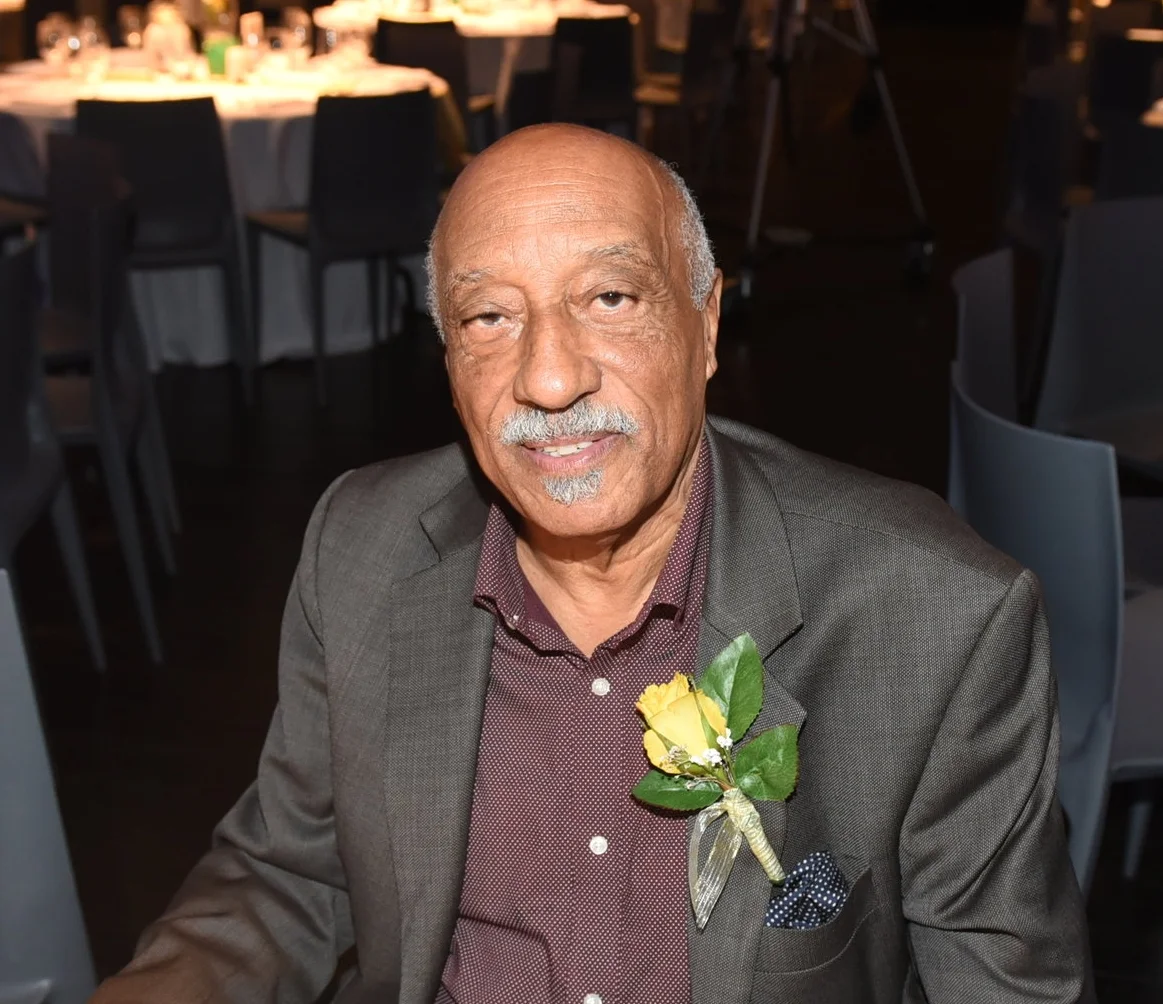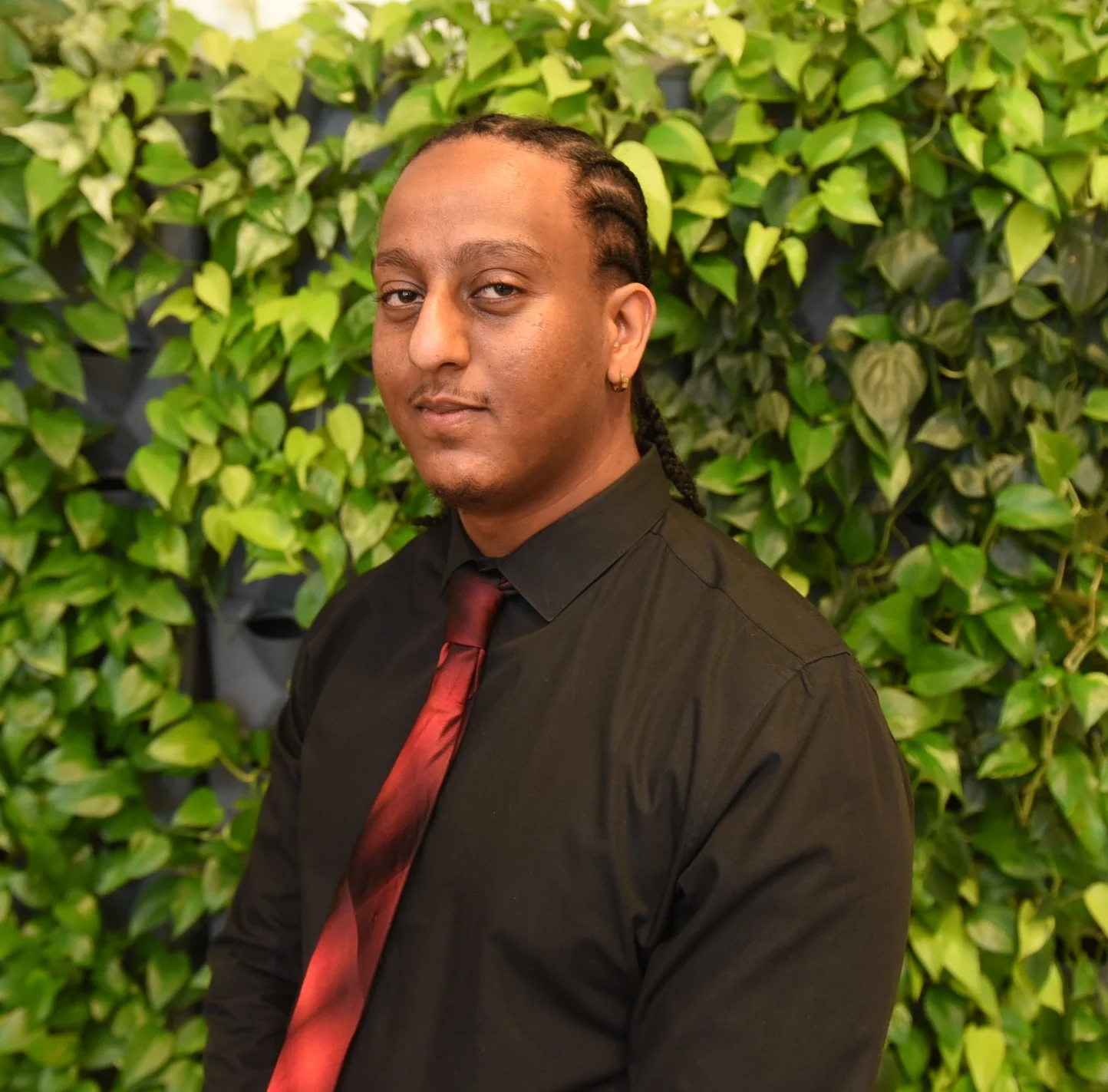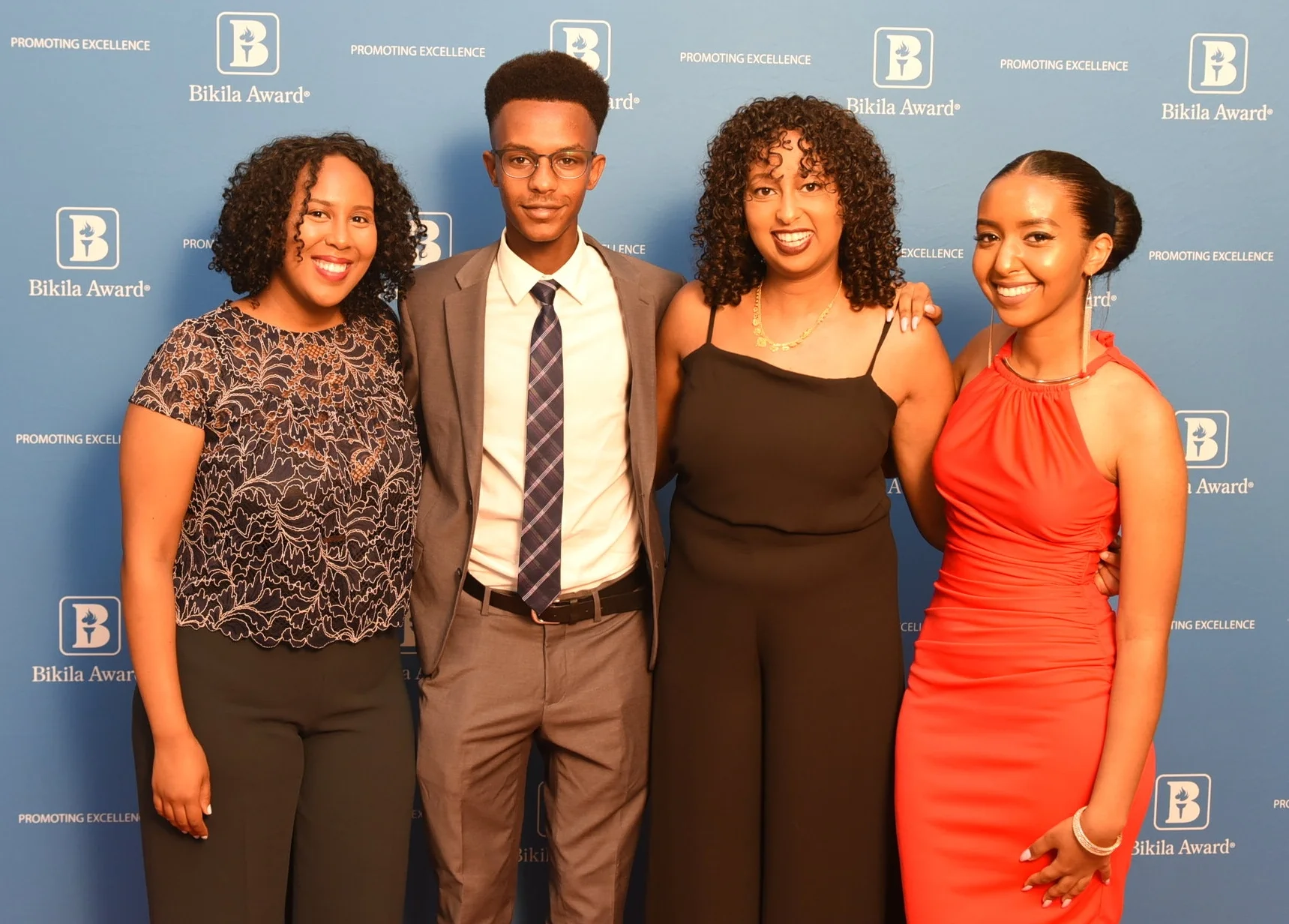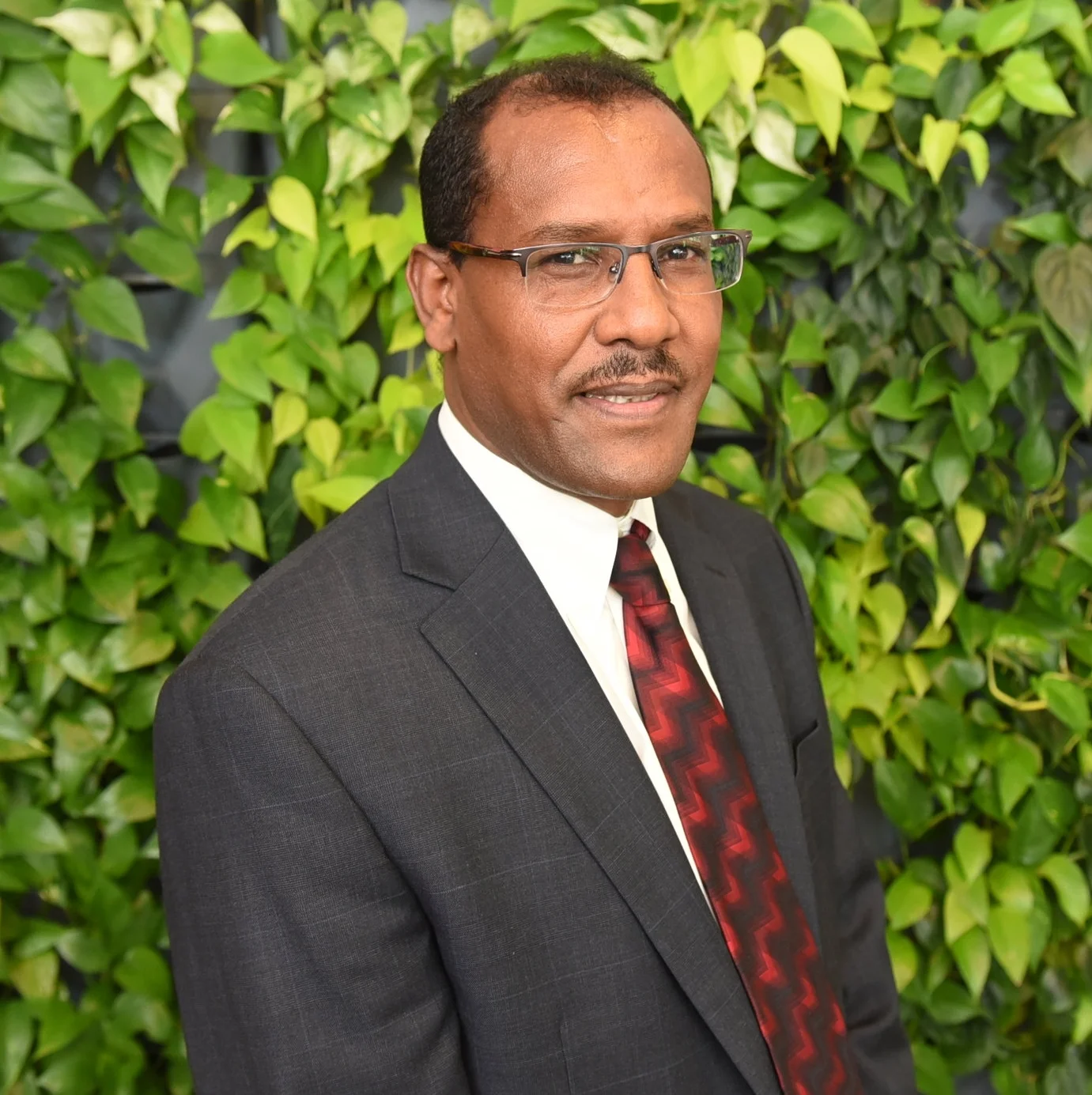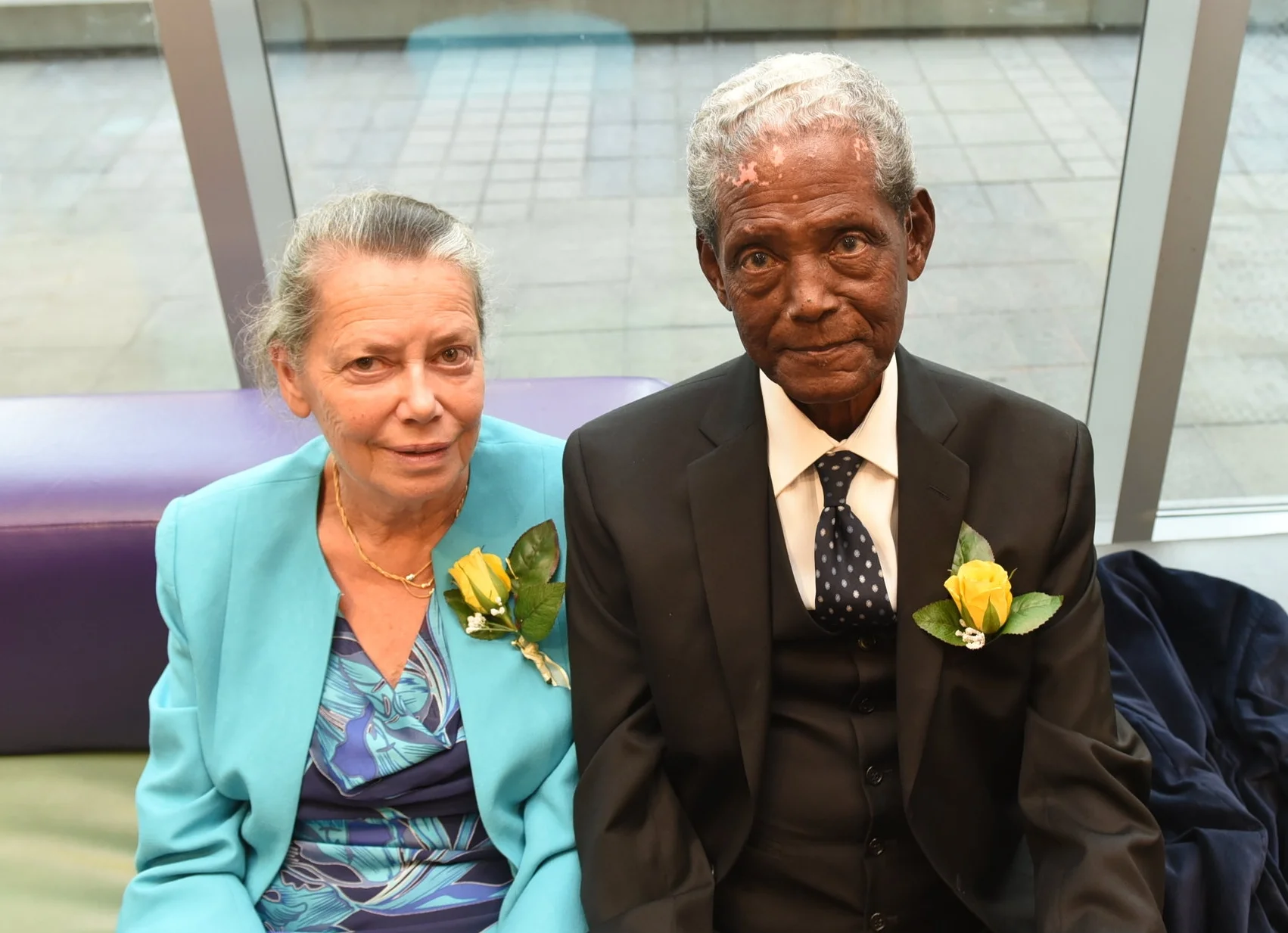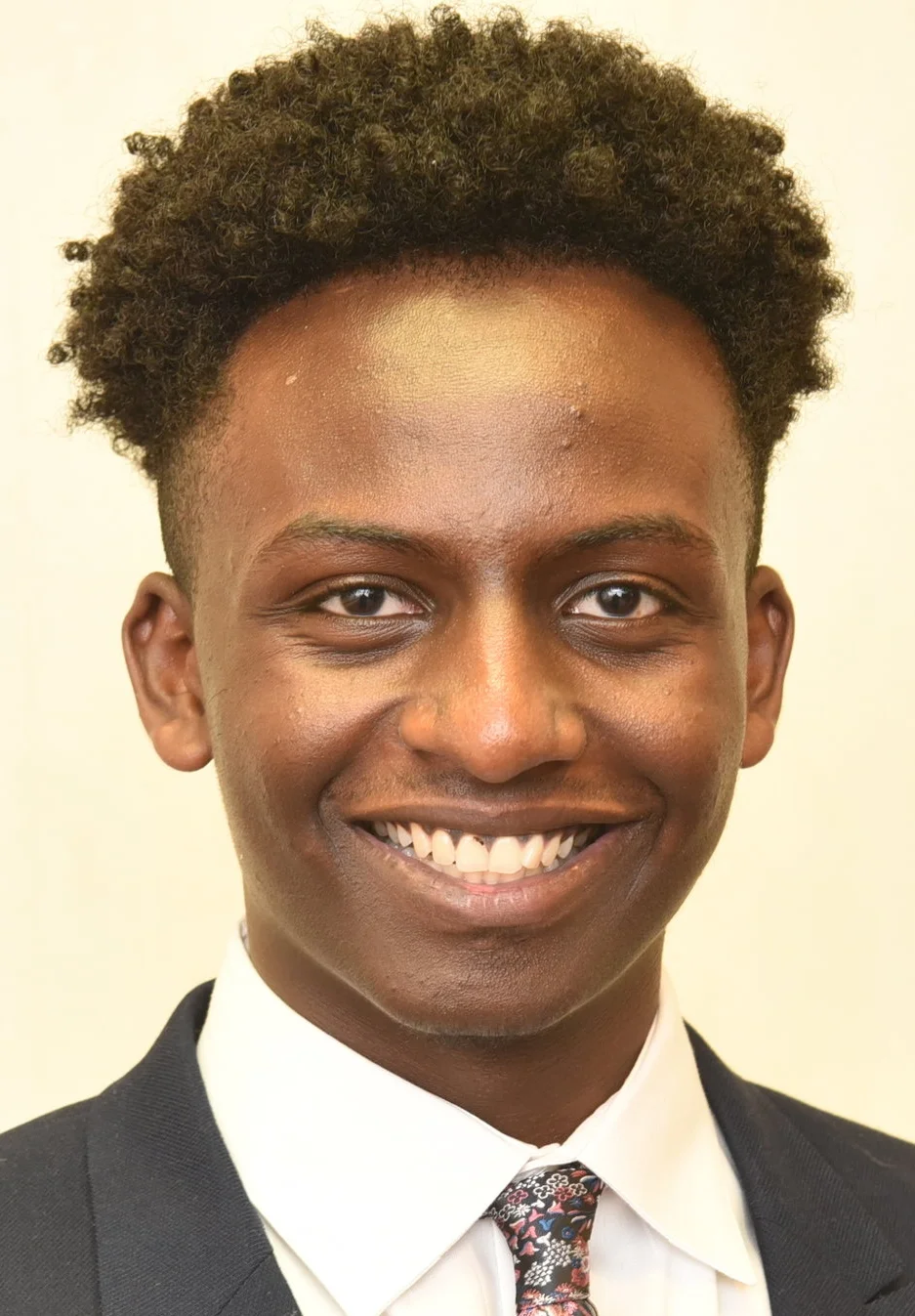Bikila Awards for Ethiopian achievers
October 4, 2017
Had Mulatu Astatke remained in Ethiopia, it’s highly unlikely he would have become a world-class musician and the godfather of Ethiopian jazz.
Expected to pursue an aeronautical engineering career, his parents sent him to England in 1959 to prepare to take his place in this specialized field.
While at Lindisfarne College in north Wales, Astatke discovered that music -- not engineering -- was his calling.
“In third world countries like Africa, it’s hard to get an early sense of what is your talent and then be able to develop it,” he said while in Toronto recently for the fourth Bikila Awards ceremony where he was presented with a Lifetime Achievement Award. “Your parents send you to school to become an engineer or doctor. I went to England to study engineering because I was good in math and physics, but I was exposed to a program about how you create a person. I was told I had a talent for music and I would be great at it.”
The teachers’ instincts were spot on.
Astatke studied clarinet, piano and harmony at London’s Trinity College of Music and attended the Eric Gilder School of Music in Twickenham where he met Ghanaian saxophonist Teddy Osei who founded the Afro-pop band, Osibisa, in 1969.
With his new found love of music, Astatke was the first student from Africa to enrol at Boston’s Berklee College of Music in 1963 where he focussed on the percussion and vibraphone.
“That’s where it all took off for me,” he said.
Returning to Ethiopia in 1969 at the height of a booming night-life scene, Astatke called his new music ‘Ethio-jazz’ which is a unique blend of pop, modern jazz, traditional Ethiopian music, Latin rhythms, Caribbean reggae and Afro-funk.
Astatke, who performed with the late Duke Ellington when the American bandleader toured Ethiopia and Zambia in 1973, was thrilled to be back in Canada.
In 2008, he appeared at Harbourfront Centre as part of the ‘What is Classical’ series that explored ideas of classical music from a broad range of cultural experiences. Three years ago, Astatke – who has an honourary doctorate from the Berklee College of Music -- performed at the Montreal Jazz Festival.
“I don’t get to come here often, but it’s good to be back for this really special occasion,” he said. “I have played all over the world and received many awards, but this one stands out because it’s given in the name of Abebe Bikila who was a great hero.”
Bikila was the first Black African athlete to capture an Olympic medal in 1960. Running barefoot in Rome, he won the marathon in a record time of 2:15:16.2.
Successfully defending his title four years later in Tokyo, Bikila was denied the hat-trick at the 1968 Mexico City Games when a right knee injury forced him to quit after 17 kilometres. His countryman, Mamo Wolde, won the gold medal.
Bikila died on October 25, 1973 of a brain haemorrhage, a complication from a single vehicle accident four years ago that left him paralyzed.
Two-time Olympic champion Miruts Yifter, who died in Toronto last December at age 72, was posthumously recognized with a Professional Excellence Award.
Nicknamed ‘Yifter the Shifter’ for his rapid change of pace when executing his kick to the finish, he won gold medals in the 5,000 and 10,000-metre events at the 1980 Moscow Games and a bronze medal in the 10,000-metre race at the Munich Olympics eight years earlier.
Caught in the maelstrom and beaten by security forces during Ethiopia’s civil war, Yifter sought political asylum in Canada in the summer of 1997 after refusing to endorse ethnic discrimination in his homeland.
“Having to flee and start a new life here was a like a stab in his back,” said Yifter’s son, Michael Yefter who – with his mother Rishan Berhe Yefter – received the award. “He loved his country and the people and would have done anything for them. At the same time, he reminded me that he made the sacrifice by coming here so I could have a better life and he always told me not to mess up.”
Michael Yefter (Photo by Ron Fanfair)
Winning two golds medals at the same Olympics and setting the world marathon record in Puerto Rico in 1977 were the highlights of Yifter’s career.
In the 5,000-metre race at the Moscow Games, he beat Tanzanian Suleiman Nyambui by 0.06 seconds.
“My dad said that was one of the tightest races he was ever in,” said his son who came to Canada at age two and is pursuing police foundations studies.
Wudassie Tamrat and Yonas Nigussie were presented scholarships and Academic Excellence Awards while Sarah Edo and Dagmawit Aberham were recognized for academic brilliance.
Sarah Edo (l), Yonas Nigussie, Wudassie Tamrat & Dagmawit Aberham were honoured for academic brilliance (Photo by Ron Fanfair)
A graduate of Colonel by Secondary School in Ottawa and Queen’s University, Tamrat is pursuing law studies at York University’s Osgoode Hall Law School.
She made the decision to study law at age seven after holidaying in Ethiopia.
“There are many wonderful things about that country,” said Tamrat who was born in Pakistan where her dad, Semaneh Jemere, was working with the United Nations. “On the other hand, there are many shocking things that take place that made me understand that I want to be one of those people advocating for the voiceless.”
Since January, she has been a research assistant for Dr. Obiora Okafor who is a United Nations Human Rights Council Advisory Committee chair.
“I would like to specialize in international human rights law, so this is a great opportunity to get excited about the things I am interested in,” added Tamrat.
Graduating from St. Francis Xavier Secondary School as an honour roll student, Nigussie is enrolled in the University of Western Ontario’s political science program.
“My parents have always pushed me to achieve excellence and now I am honoured that the Ethiopian community thinks I am deserving of such a high honour,” said Ethiopian-born Nigussie who spent six years in Germany before coming to Canada with his family.
Aberham, 18, graduated from Harbord Collegiate Institute and is a first-year biomedical sciences student at Ryerson University.
She aspires to be a dermatologist.
“When I was growing up, I had a lot of skin issues,” said Aberham who volunteered at a nursing home and summer camp this year. “I have sensitive skin and I went to many dermatologists. That was what motivated me to pursue this career.”
Doing a double major in cinema and women & gender studies at the University of Toronto, Edo – a fourth-year student -- has an interest in film and media production.
Professional Excellence Awards were also presented to husband and wife Dr. Edemariam Tsega and Dr. Frances Lester-Tsega, Dr. Enawgaw Mehari and Dr. Fitsum Tariku.
“This is an excellent opportunity to showcase brilliance in the Ethiopian Diaspora and role models for the younger generation,” said Tariku who was a National Research Council Chair based in Ottawa for a decade before heading to Vancouver where he’s the Building Science Centre of Excellence director at the British Columbia Institute of Technology since 2008.
Dr. Fitsum Tariku (Photo by Ron Fanfair)
Migrating to the United States in 1995 to fulfil his dream of becoming a neurologist, Mehari launched ‘People to People USA’ to improve health care and reduce HIV/AIDS in Africa.
Tsega single-handedly introduced a post-graduate program in internal medicine in Ethiopia before coming to Canada in 1995. He is a former clinical professor of medicine at Memorial University in Newfoundland and professor emeritus of medicine at McMaster University.
His wife is a Queen’s University alumni and former internal medicine specialist at two Ethiopian hospitals.
Dr. Edemariam Tsega & his wife Frances Lester Tsega (Photo by Ron Fanfair)
Last January, the University of Toronto launched a class on ancient Ethiopic script and language. The study of Ge’ez language was initiated after Dr. Michael Gervers, who teaches an Ethiopian cultural history course at the U of T Scarborough campus, threw down the gauntlet at the second Bikila Awards in 2015 with a $50,000 donation.
The U of T matched the donation and members of the Ethiopian community in Canada, including rhythm & blues artist The Weeknd, made significant pledges.
Last spring, the U of T held a colloquium on medieval studies where scholars from universities around the world discussed their research on Ethiopian history, culture and language.
“I hope we can continue on what we have done so far by building a suite of courses on the history and culture, language and literature of the Horn of Africa with special focus on Ethiopia,” Dr. Suzanne Akbari, the director of the U of T Centre for Medieval Studies, said at the sold-out ceremony. “In partnership with other academic units at the university and especially in conversation with our African Studies program based at the U of T’s New College, I hope that we can continue to grow this initiative so that the rich culture of Ethiopia is where it deserves to be and that’s within our university curriculum in a prominent and visible place.”

